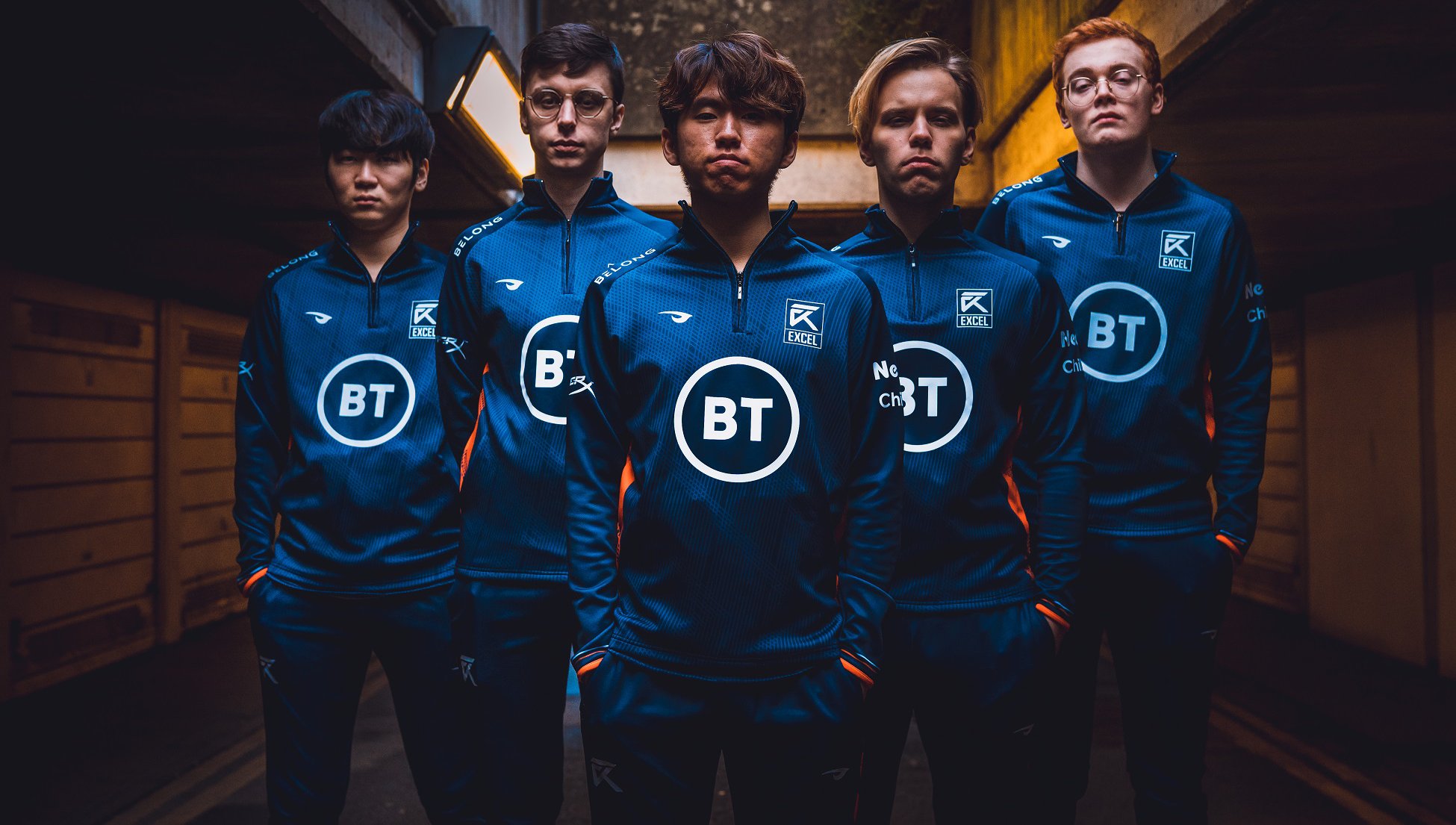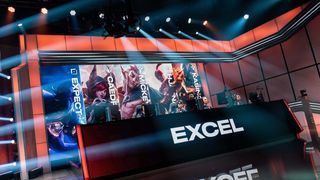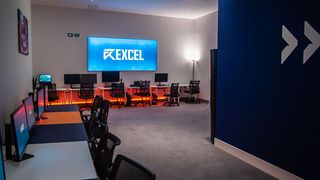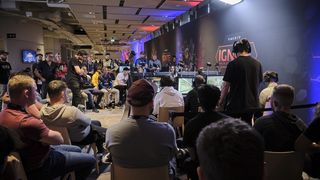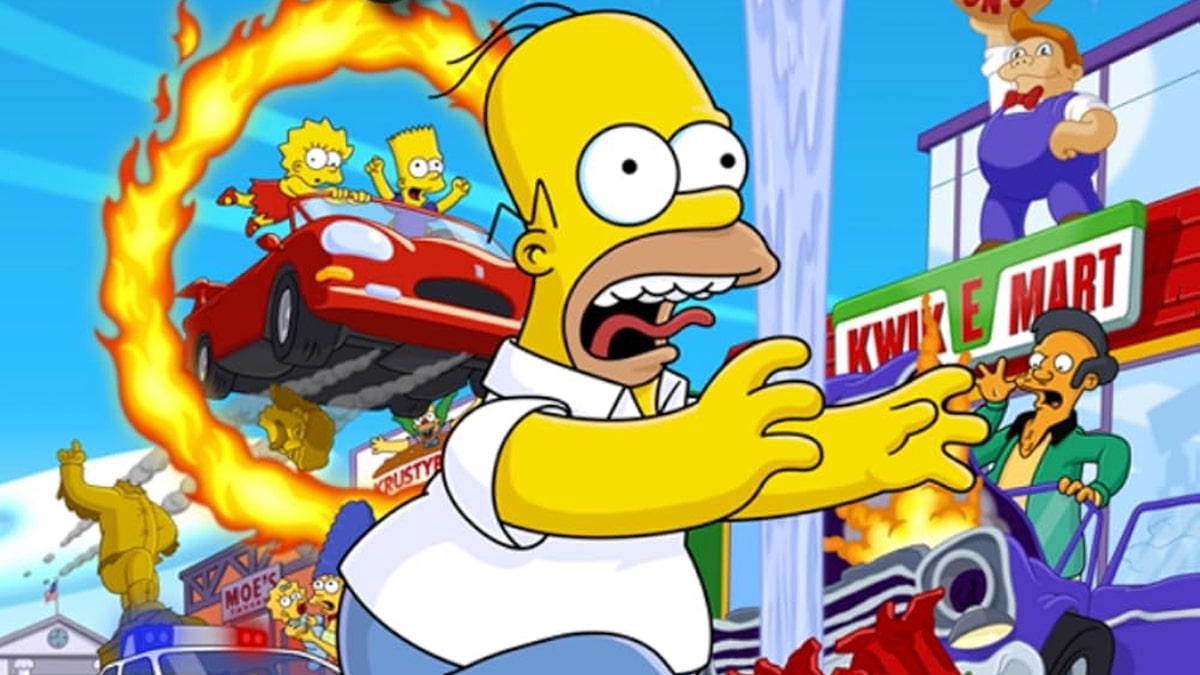You can trust VideoGamer. Our team of gaming experts spend hours testing and reviewing the latest games, to ensure you're reading the most comprehensive guide possible. Rest assured, all imagery and advice is unique and original. Check out how we test and review games here
Millions around the world are watching esports, and it’s a truly global product, with teams made up of all kinds of nationalities. However, the current esports stars tend to come from the likes of China, Korea, North America, and Denmark. The UK has the sixth-largest gaming market in the world, but in the most popular esports British pros are few and far between, and household names are even harder to come by. Excel Esports is hoping to change that.
Founded by brothers Kieran and Joel Holmes-Darby, Excel is one of the 10 teams in the League of Legends European Championship (LEC), the top tier of LoL competition in the region. More than the other teams in the league, Excel tries to bring some of its nationality to proceedings. The team has an office and training facility inside Twickenham Stadium and has just signed a partnership with BT. On its five-man team, there is also one of only two British players in the entire league, Marc Robert “Caedrel” Lamont.
“If it lines up there is a British player and a Korean player on the same level, we’re going to opt for the British player, because from a brand perspective that means a lot to us,” says Kieran Holmes-Darby, now the chief gaming officer of Excel. “We appreciate our talent pool is worldwide, and first and foremost it’s about winning. We wouldn’t necessarily positively discriminate towards only British talent, but the fact we’ve landed on our captain, an unbelievable player and the face of our brand, being Caedrel, a Bournemouth lad, is fantastic.”
“I just feel honoured to represent the UK in the LEC because there are only two players,” says Caedrel. “It’s something to be proud of. Excel is representing it as an organisation really well, and the fact they’re British and I’m British comes together really nicely. There’s only two players in the UK from 50-60 players, though. I wish there were more.”
So, why aren’t there more? Is it the current perception of gaming in the UK? Is it a lack of success breeding a lack of success? If the gaming market in the UK is so big, why isn’t it exporting more professional talent? It’s hard to pin down, even for those rooted in the scene.
“I don’t understand why, for example, Denmark has so many players and the UK doesn’t,” says Caedrel. “It’s not like the Nordic scene is stronger than the UK scene. I don’t think it has anything to do with the national side of things.”
The regional UK League of Legends Championship (UKLC) consists of eight teams, two of which are LEC academy teams, which are comprised of younger players hoping to make the jump to the big leagues. Excel’s and Fnatic’s academy squads tend to dominate due to their links with those big, professional organisations. They’ll tend to practice against the main teams and share ideas. BT Excel, as it’s now known, has two British players, and Holmes-Darby believes that, as the UK scene develops, it will lean even more towards homegrown talent in the future. It will take some time, though.
“Fnatic and Excel academies seemed pretty strong last split,” says Caedrel. “Other than those two teams, it was pretty trash, everyone was just losing.”
The lack of support for grassroots League of Legends teams in the UK is certainly a factor in the lack of professional level players, and it’s something Excel is hoping to rectify. Last month, Excel hosted the Neosurf Cup, a pre-season series against fellow LEC organisation Misfits Gaming; it was the first professional-level League of Legends match to be held in the UK since 2015. Fans travelled from all over the country to London to fill out the 500-seat arena, with some getting the chance to play against the pros. Excel hoped to give those who thought they were good enough to go pro the opportunity to see that it could be done.
“There are so many misconceptions about gaming,” Holmes-Darby explains. “It’s not exactly underground anymore, yet it’s perceived, and in some instances demonised, by parents as an unwanted hobby. The message from us is to normalise gaming and celebrate the benefits of it.
“It’s a sociable community, it’s how me and my brother stayed connected growing up, through different universities. That’s what Excel was born out of. People wanted to go to the Neosurf Cup at Twickenham with friends, and they met new friends there. The UK has a thriving gaming community, but the attention it’s been given from esports has been lacking. But that is really starting to change. One of our biggest goals is to create an inclusive gaming community, which will largely be filled with British fans.”
According to Caedrel, they’re doing a good job already: “They try to represent the UK as much as possible throughout the LEC, through content ideas, even just through memes on social media. They’re really trying to open up the UK scene and unlock players afraid to make the jump to pro.”
Robin McCammon recently joined Excel as chief commercial officer. He previously worked at Adidas, as its director of global sports marketing, so knows a thing or two about bringing a brand to a wider audience.
“It's a market crying out for having the highest level of gaming available,” he says. “That's been missing a bit in terms of the major events. We had an opportunity to showcase what Excel can do and gaming can do as a whole.
“We work with universities, we look at the community angle a lot more than some of our competitors do. One of the core aspects from Excel is to drive nurture that community. The grassroots aspects, engaging on a commercial level with BT and other British brands. We’re not going to shun those that are on a level to compete for us. We’re going to be inclusive. We want to export British professional gaming to the globe.”
A partnership with BT and the home of English rugby will certainly turn a few heads around the world. Twickenham Stadium actually approached Excel with an interest in esports, so the team had already started putting UK esports on the map last year. To begin with, it started as more of a strategic consultancy, which then grew into something much more fruitful for both parties.
“We landed on the fact that, if they wanted to be authentic in the industry, housing a professional esports team within their grounds would be a good start,” says Holmes-Darby. “It was a bit of a no-brainer for us. Being housed in a sports stadium, the shared learnings we could get from the stuff they’ve done. We had spoken to other venues at the time, but Twickenham was the only national stadium, and that had a much better story behind it. The fact that it has the best internet in London was certainly a draw too.”
“I’ve never watched rugby in my life,” admits Caedrel, not long before England is set to host a number of Six Nations matches at the very place he spends most of his off season. In a world where the popularity of esports is slowly catching up to that of traditional sports, it’s probably not that surprising.
